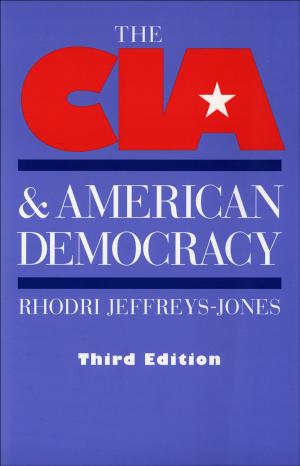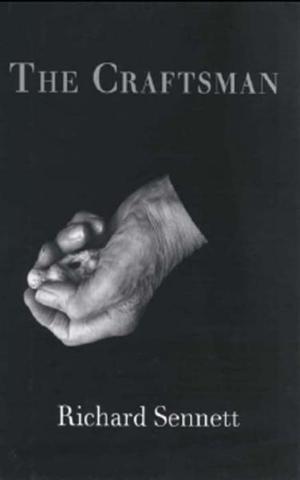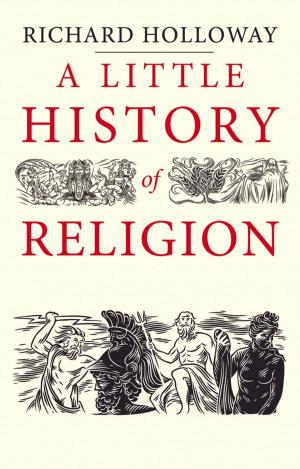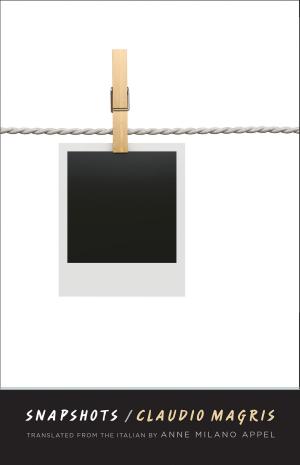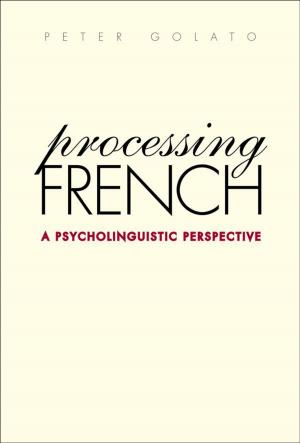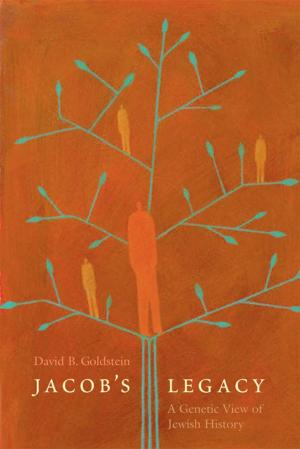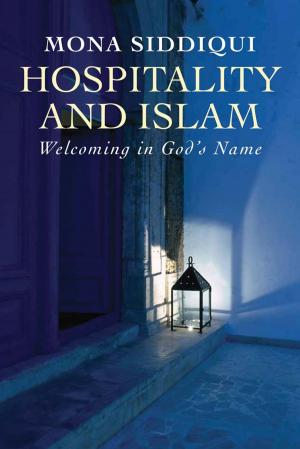Catholics on the Barricades
Poland, France, and "Revolution," 1891-1956
Nonfiction, History, European General, Modern, 20th Century, Religion & Spirituality, Christianity, Church| Author: | Piotr H. Kosicki | ISBN: | 9780300231489 |
| Publisher: | Yale University Press | Publication: | January 9, 2018 |
| Imprint: | Yale University Press | Language: | English |
| Author: | Piotr H. Kosicki |
| ISBN: | 9780300231489 |
| Publisher: | Yale University Press |
| Publication: | January 9, 2018 |
| Imprint: | Yale University Press |
| Language: | English |
In Poland in the 1940s and '50s, a new kind of Catholic intended to remake European social and political life—not with guns, but French philosophy
This collective intellectual biography examines generations of deeply religious thinkers whose faith drove them into public life, including Karol Wojtyla, future Pope John Paul II, and Tadeusz Mazowiecki, the future prime minister who would dismantle Poland’s Communist regime.
Seeking to change the way we understand the Catholic Church, World War II, the Cold War, and communism, this study centers on the idea of “revolution.” It examines two crucial countries, France and Poland, while challenging conventional wisdom among historians and introducing innovations in periodization, geography, and methodology. Why has much of Eastern Europe gone back down the road of exclusionary nationalism and religious prejudice since the end of the Cold War? Piotr H. Kosicki helps to understand the crises of contemporary Europe by examining the intellectual world of Roman Catholicism in Poland and France between the Church's declaration of war on socialism in 1891 and the demise of Stalinism in 1956.
In Poland in the 1940s and '50s, a new kind of Catholic intended to remake European social and political life—not with guns, but French philosophy
This collective intellectual biography examines generations of deeply religious thinkers whose faith drove them into public life, including Karol Wojtyla, future Pope John Paul II, and Tadeusz Mazowiecki, the future prime minister who would dismantle Poland’s Communist regime.
Seeking to change the way we understand the Catholic Church, World War II, the Cold War, and communism, this study centers on the idea of “revolution.” It examines two crucial countries, France and Poland, while challenging conventional wisdom among historians and introducing innovations in periodization, geography, and methodology. Why has much of Eastern Europe gone back down the road of exclusionary nationalism and religious prejudice since the end of the Cold War? Piotr H. Kosicki helps to understand the crises of contemporary Europe by examining the intellectual world of Roman Catholicism in Poland and France between the Church's declaration of war on socialism in 1891 and the demise of Stalinism in 1956.

